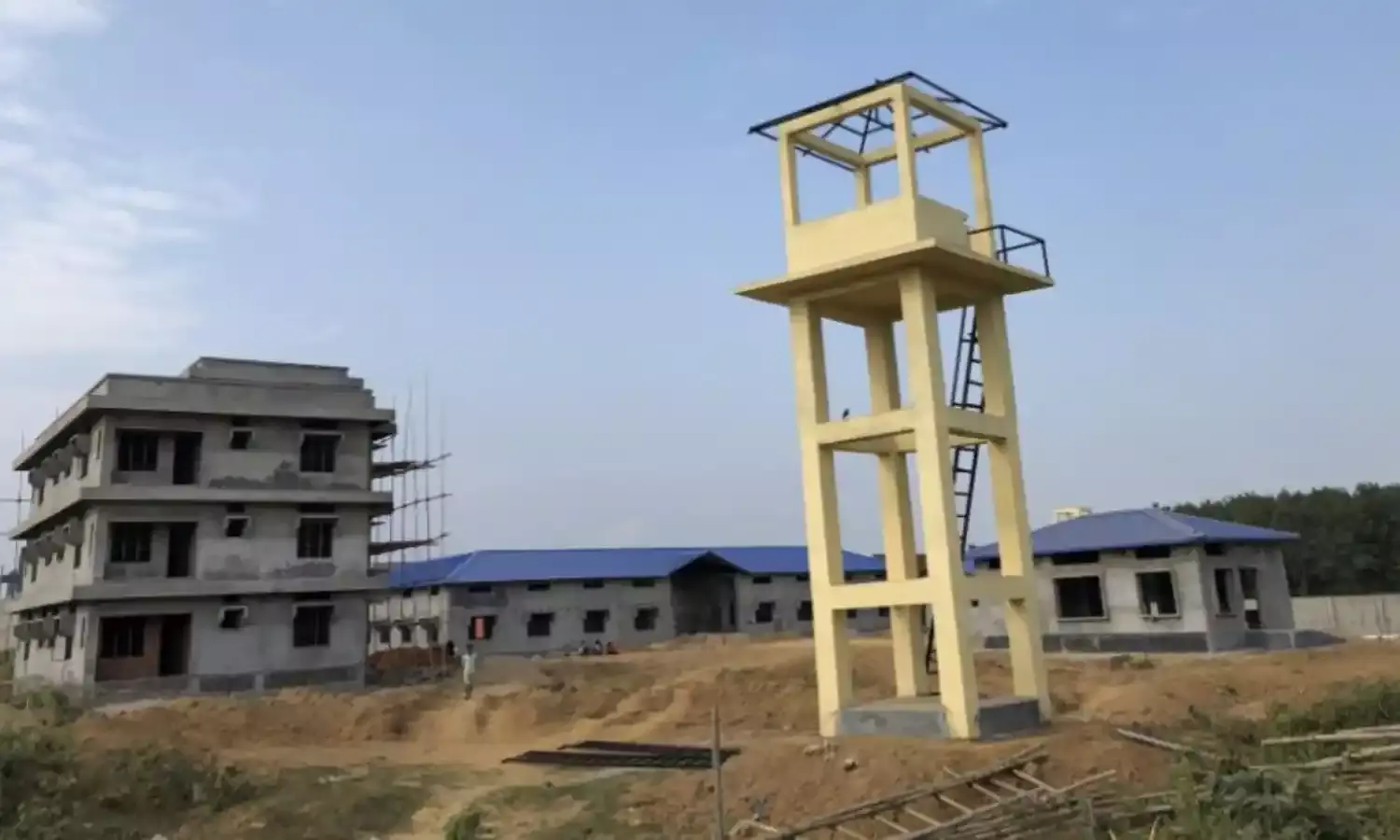Dealing with Coronavirus and CAA
Loss in productivity
We are in the last quarter of the financial year, when India Inc. is finalising budgets with their boards. These budgets involve making forecasts about growth, expenditure and profits with their underlying risks. As China plays a crucial role in the global supply chain, the ramifications the coronavirus will have on industries have a crucial role to play in the budgeting process.
Given the sheer scale of the problem and the virus’ potential to multiply unpredictably, India Inc. is earnestly engaged in assessing travel risks, workplace hygiene and practices, mapping upstream suppliers several tiers back, dealing with single source/ site risks, planning second sourcing and local sourcing, and rethinking their supply chain design.
Some are even working closely with the government to identify potential opportunities, and the incentives needed to exploit them.
But what about the second virus that looms? The NPR Virus is scheduled to strike India in the months of April and May. It comes disguised as a harmless census exercise but could have far-reaching effects.
All Indians, who naturally assumed they were citizens all along, may have to provide evidence of their birthplace, and that of their parents and grandparents, property papers and a host of other documents.
There will be intrinsic difficulties imposed upon the illiterate, migrants, women, people from lower social-economic strata, transpersons, Adivasis and others in showing multiple documents.
For some it has the potential to mutate into a D-virus, which will reflect ‘Doubtful Citizenship’ status. This, if not resolved, will lead to the NRC Virus, and further to your seeking remedy at Foreign Tribunals.
Finally, for some, it may lead to having to prove that they are eligible for special treatment under the CAA, which clearly, can redress the problem for people of select origins and religions only.
It is not clear that India Inc. has taken stock of this potential disaster. Assam, the only state that has conducted the NRC exercise, saw 6% of its people not making it as citizens. In an Indian IT biggie, this number could be as large as 10,000 to 20,000 people. How will an Infosys, Wipro, TCS deal with this? How will Indian Railways, the country’s largest employer with 14 lakh employees, deal with it? 6% of Indian Railways would be 84,000 people!
The Assam experience led to protests, shutdowns, shortages of essential goods and services, violence. The people who are undergoing all the mutations of the virus – including detention camps – will have experienced serious levels of stress and trauma, through the process of searching for and collecting old documents, the efforts of convincing equally stressed out government officials of their merit, watching some members of a family making it while others don’t…
The lost work hours – The loss of mental health – The torture of dealing with Indian bureaucracy and its underlying corruption!
Has India Inc. factored a potentially serious loss in productivity due to the NPR-virus and its mutations?
Any company whose culture promotes silos, where its leadership supports cronyism over merit, diversity and inclusiveness, eventually falls apart. Why do we assume it will be any different for a country?
Will businesses, operating in a country that’s embracing the viruses of divisiveness and hate, be spared?
The answers to these questions are obvious.
Not a word condemning the manufactured violence.
Not a word highlighting the cascading effects of the twin viruses of fear and hate that may impact the business environment at large.
Would Amar, working in the best IT company in India, be concerned that his colleagues Akbar and Anthony could not overcome the NPR Virus? Would he reach out and help?
Cover photo: Goalpara detention centre with a capacity of 3,000 people





